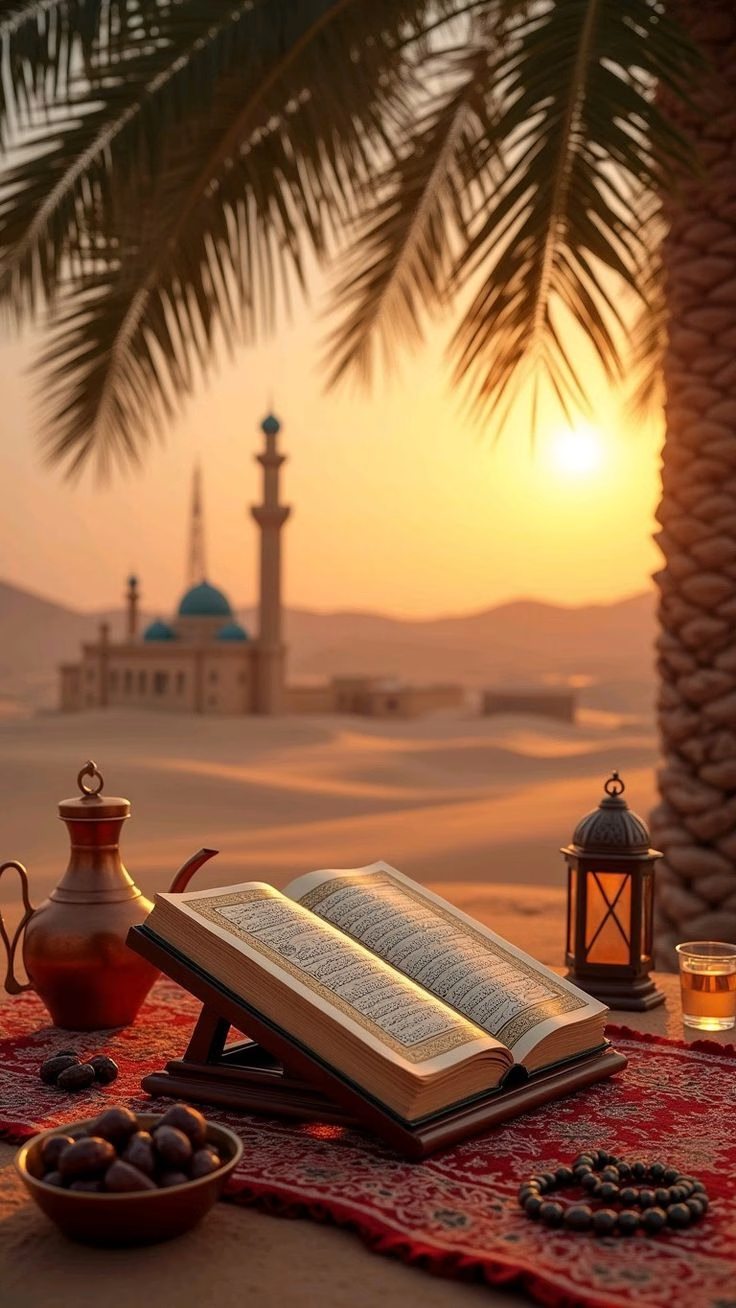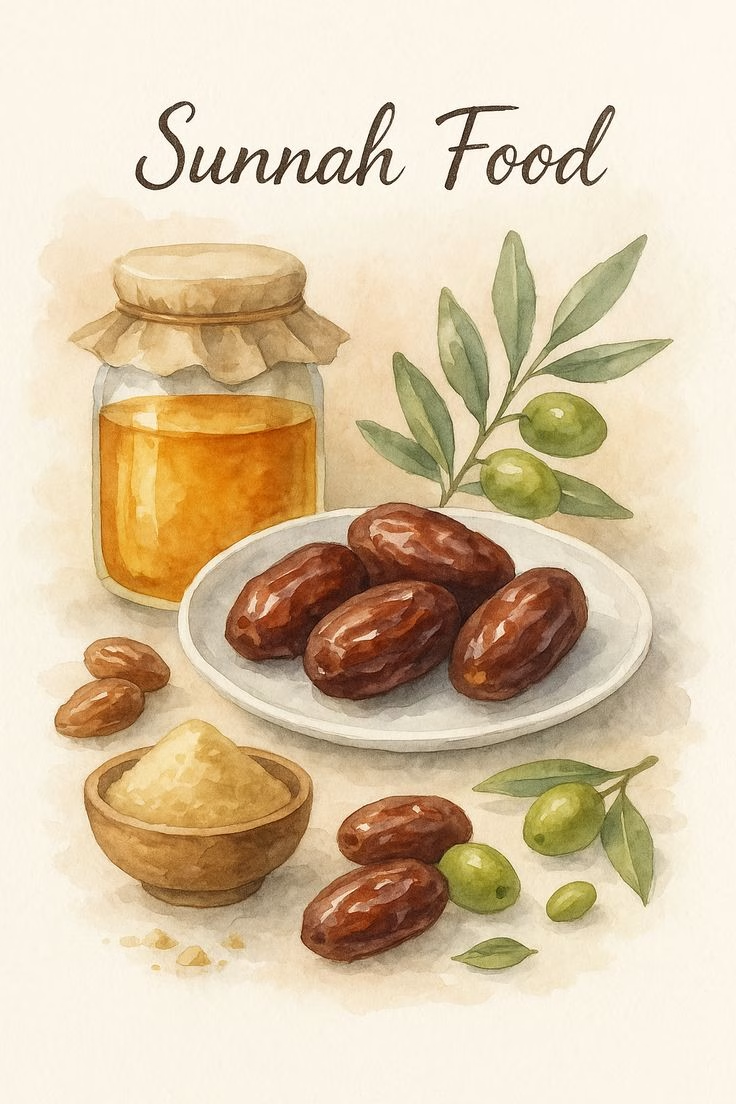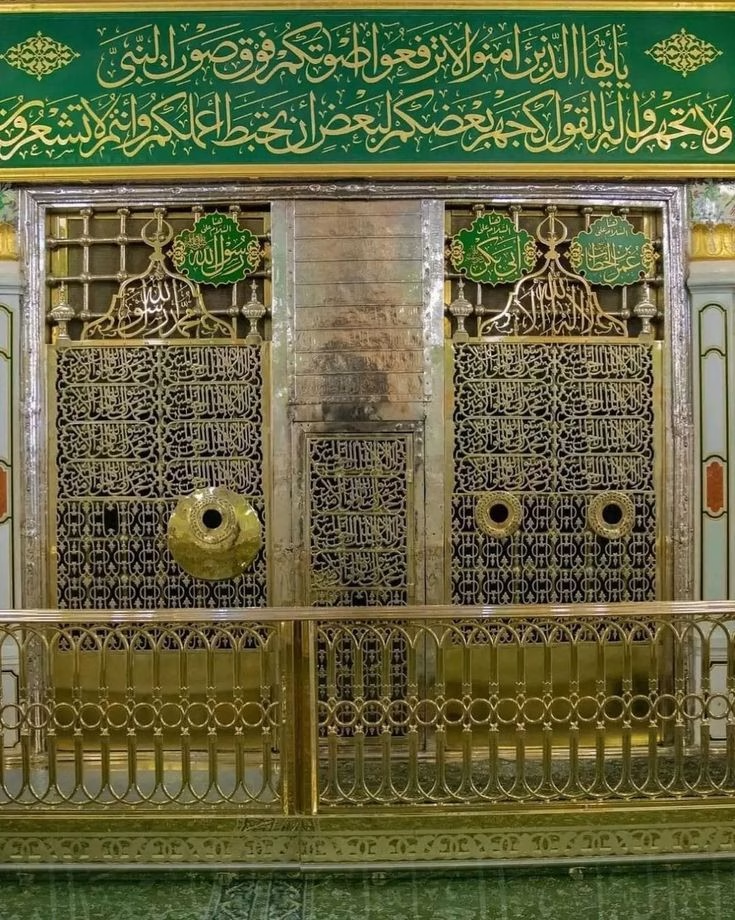The merciful prophet (Peace be upon him)
All Perfect Praise Be To Allaah (ﷻ) The Most High… Tag: The tender hearted 🫀, طيب القلب Peace be upon him: In Islam, being “tender-hearted” or “soft-hearted” (raqiq al-qalb) is…

Articles, News,Podcast and videos
All Perfect Praise Be To Allaah (ﷻ) The Most High… Tag: The tender hearted 🫀, طيب القلب Peace be upon him: In Islam, being “tender-hearted” or “soft-hearted” (raqiq al-qalb) is…

Discover the powerful health benefits of Sunnah foods like dates, olives, and black seed. Learn how the Prophet’s (PBUH) diet aligns with modern science for optimal wellness. In our search…

Unveiling the Heart: An Introduction to the Shamail of the Prophet Muhammad (ﷺ) When we think of the Prophet Muhammad (ﷺ), our minds often turn to the grand narrative of…
